
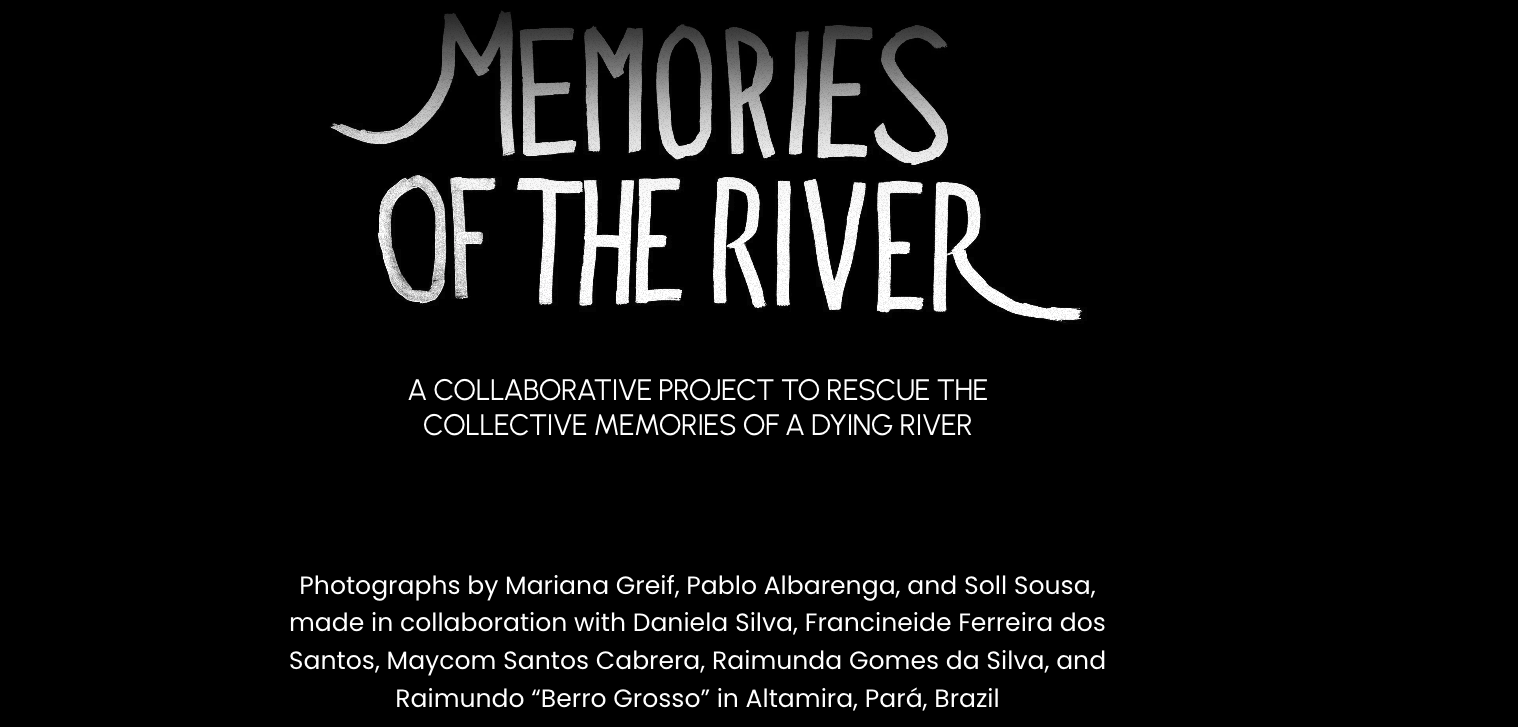
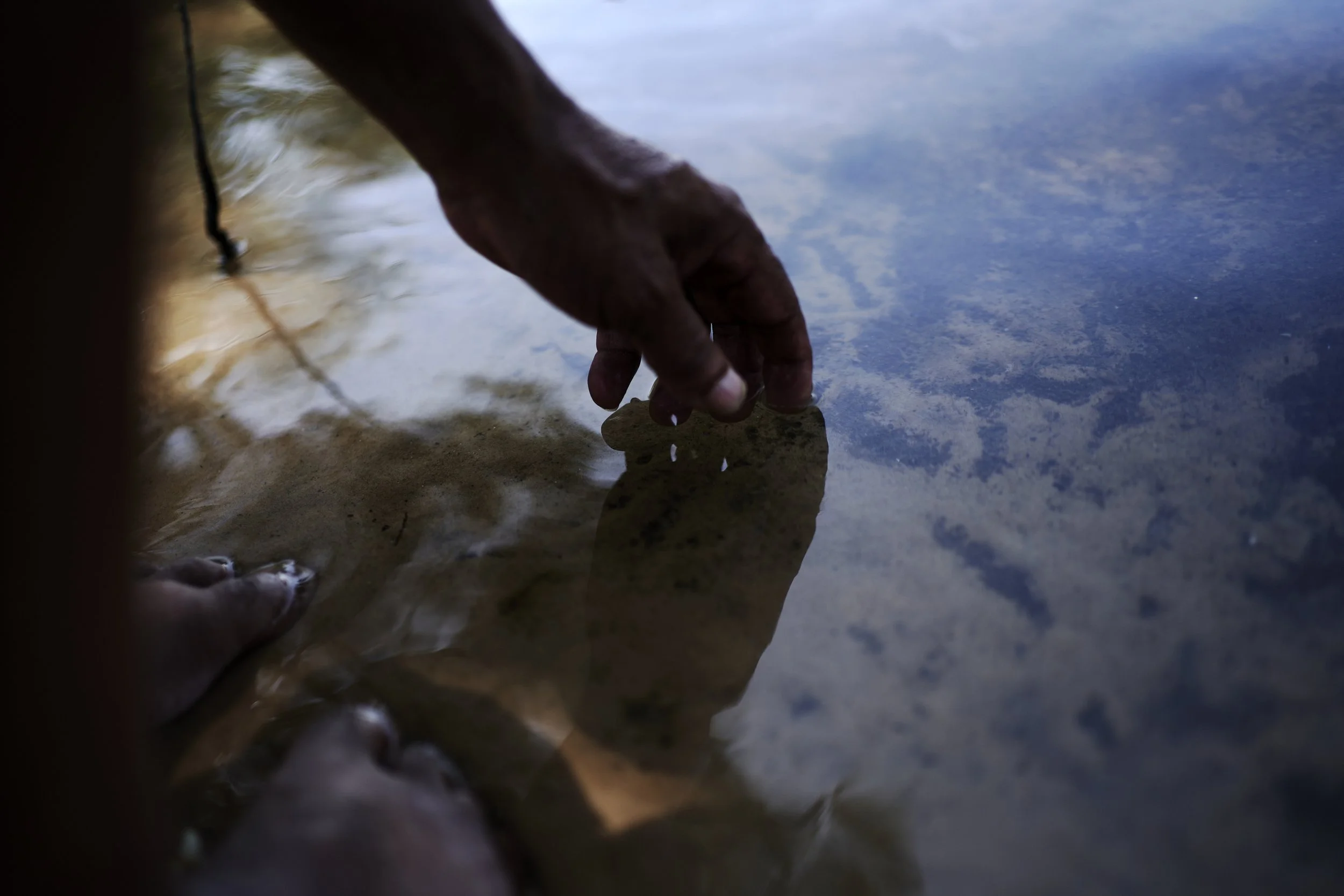


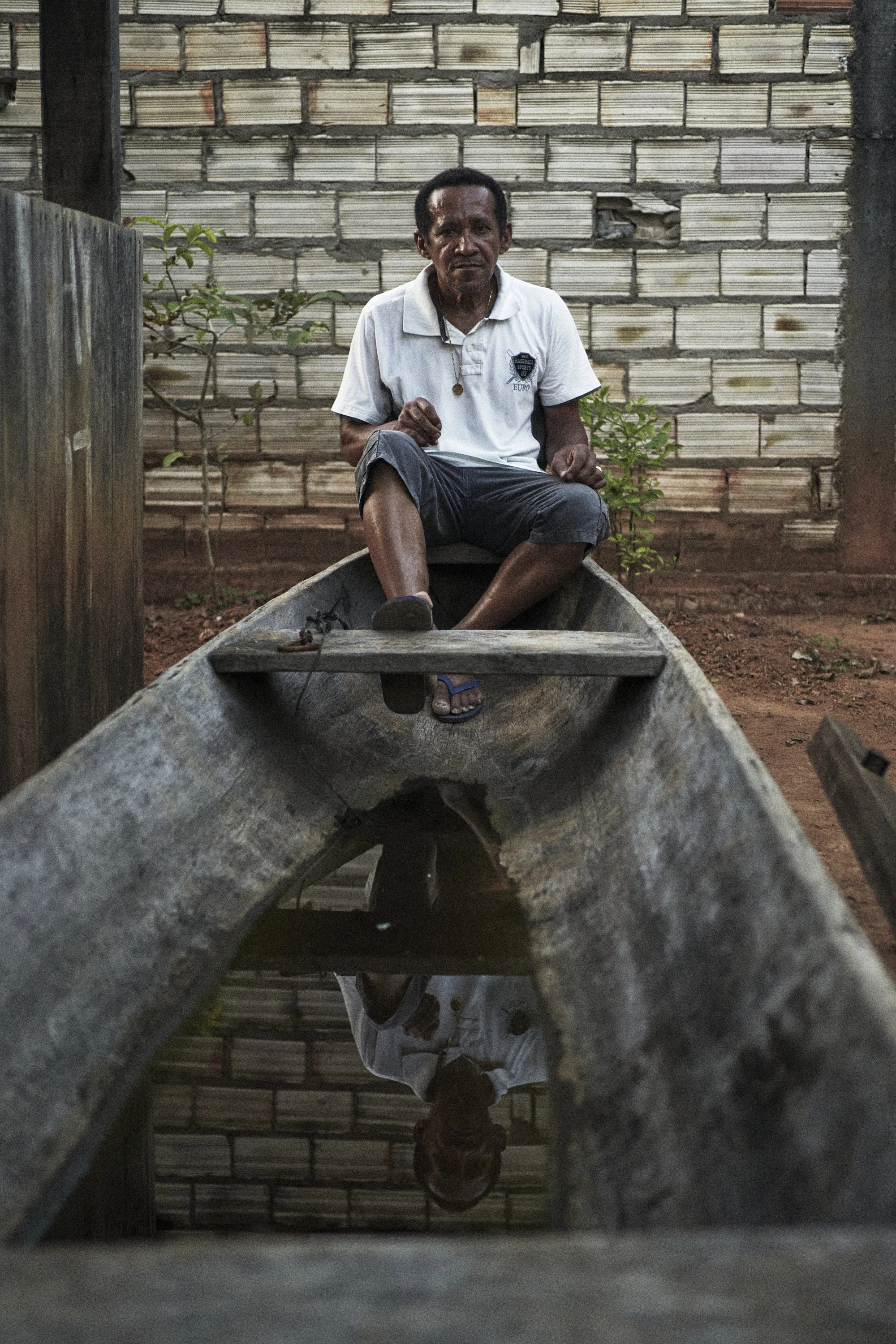
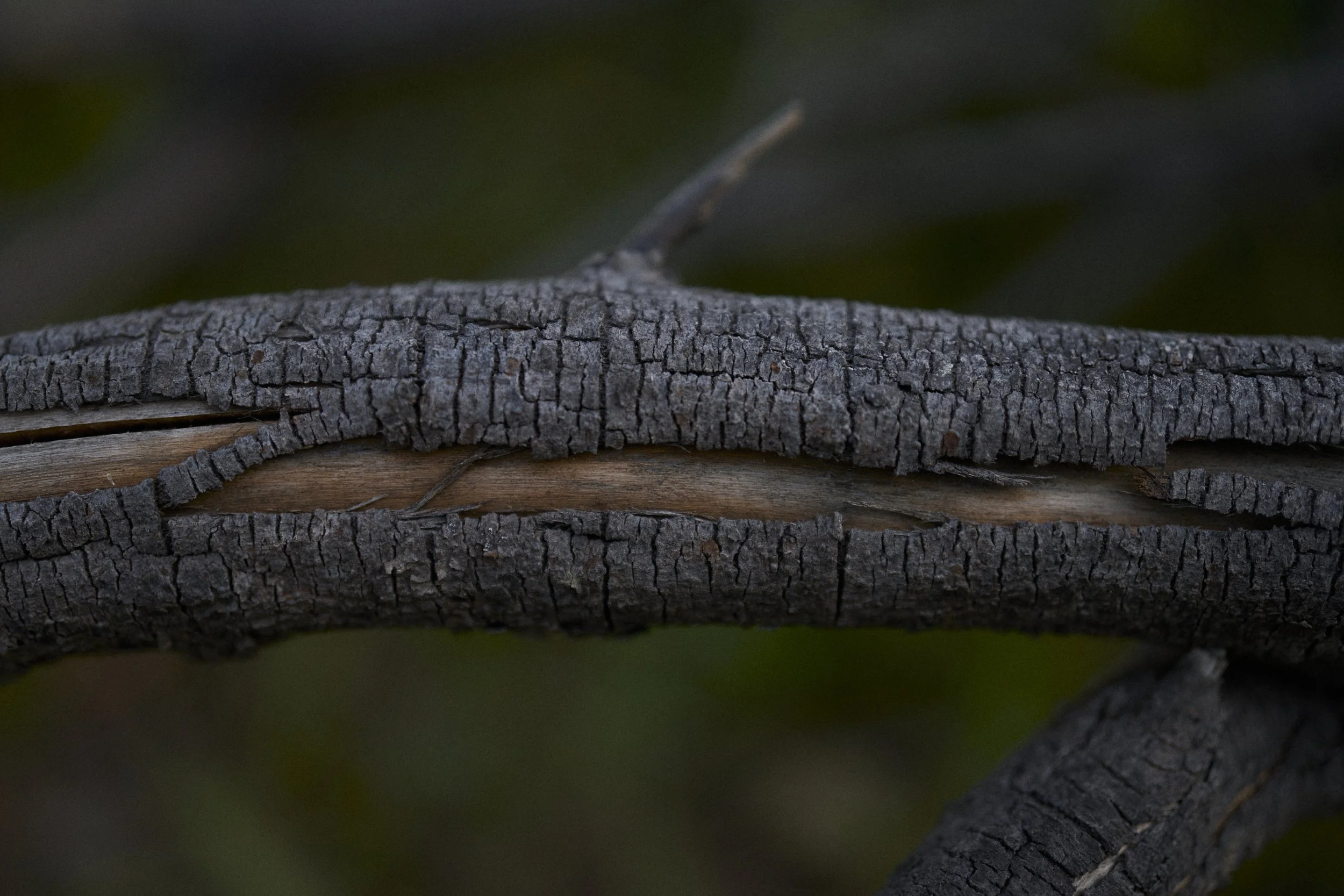
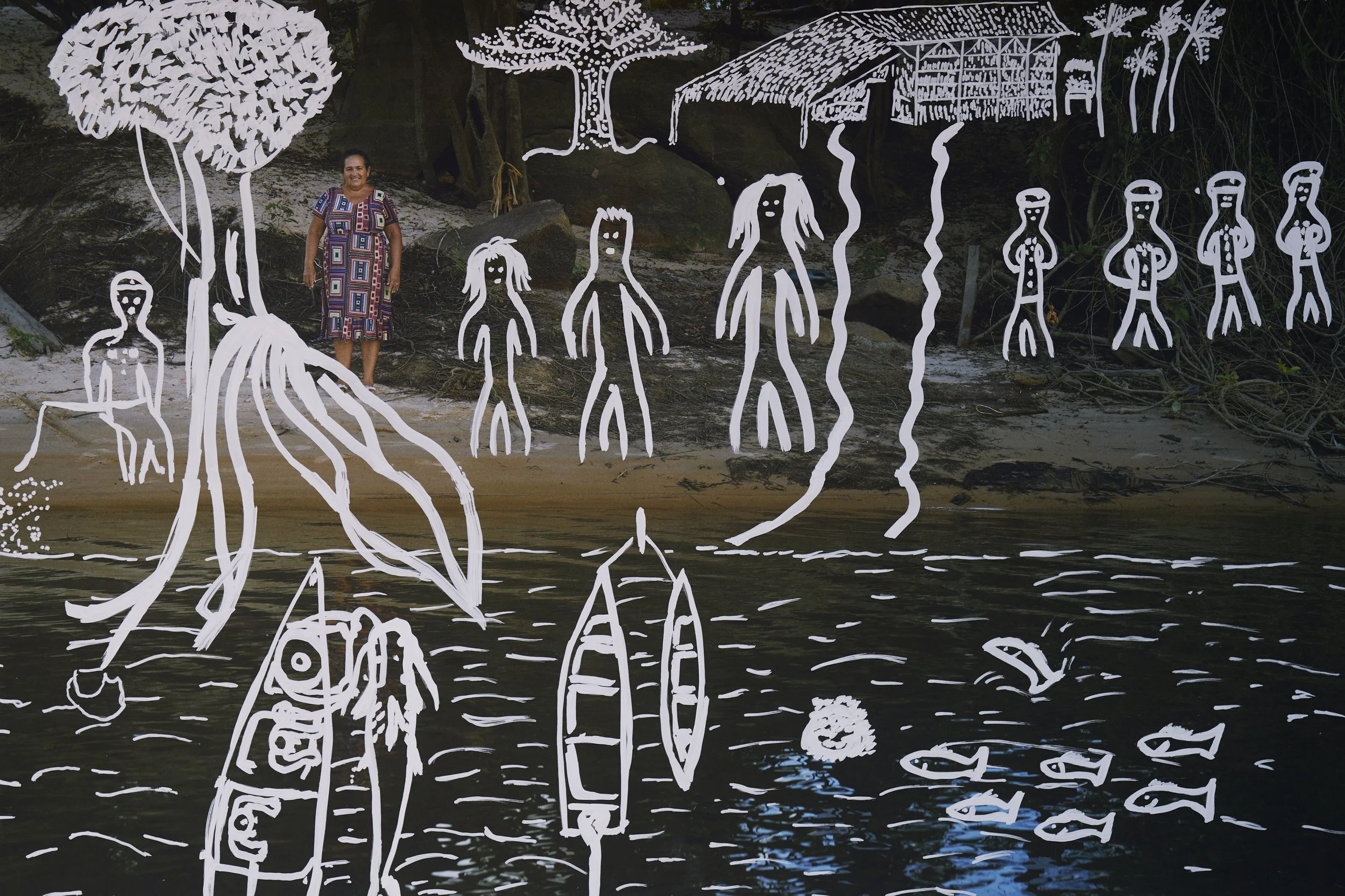
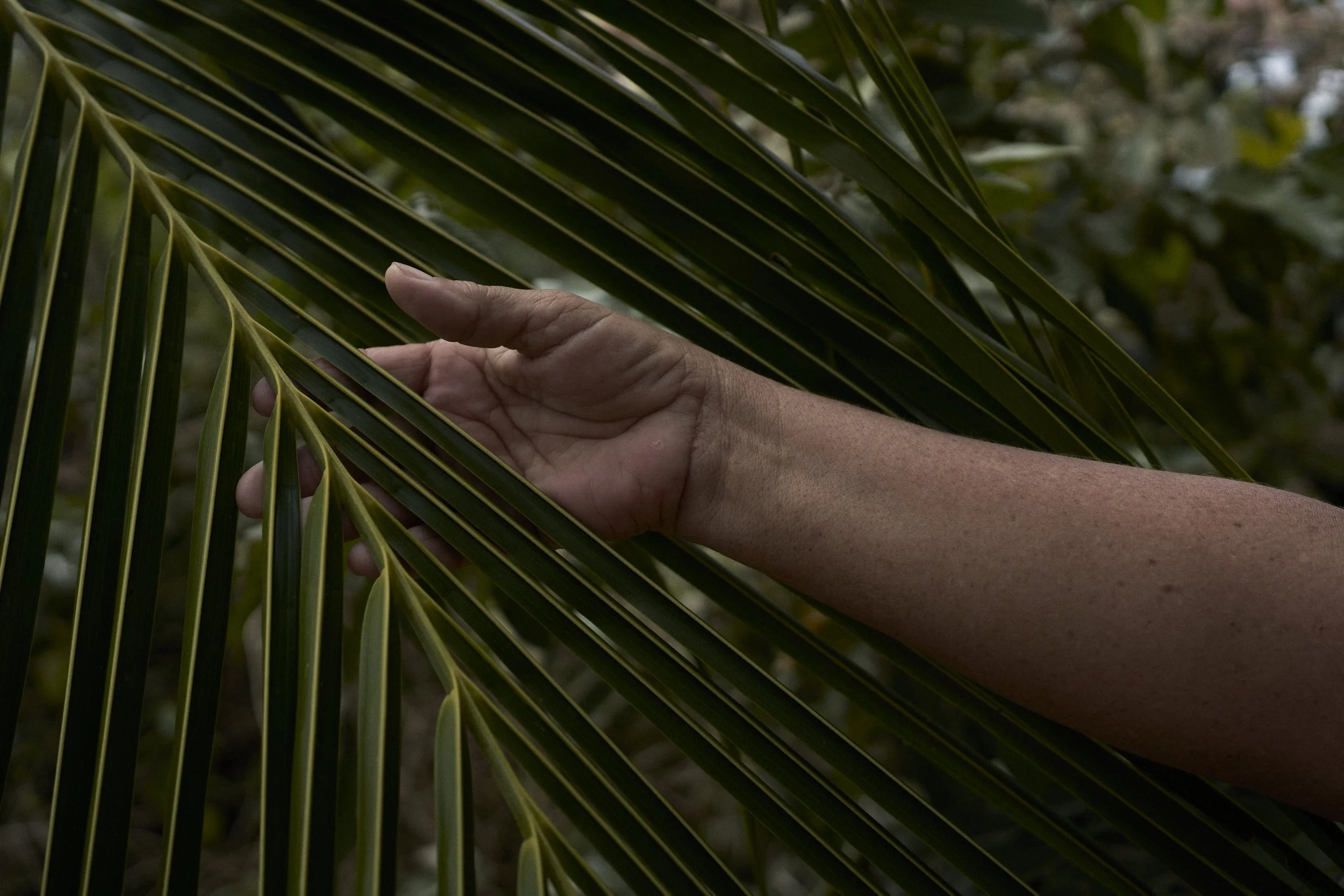

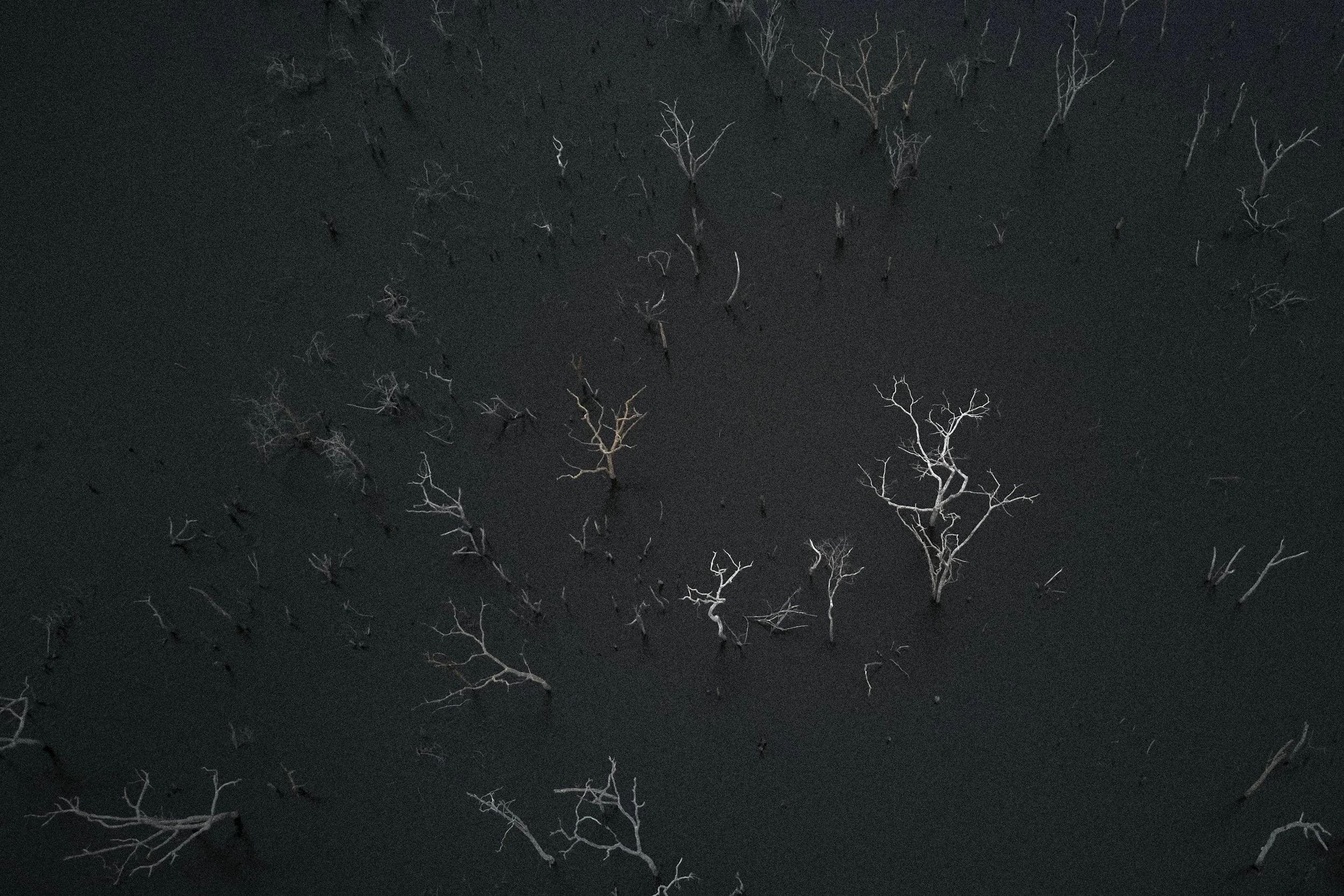
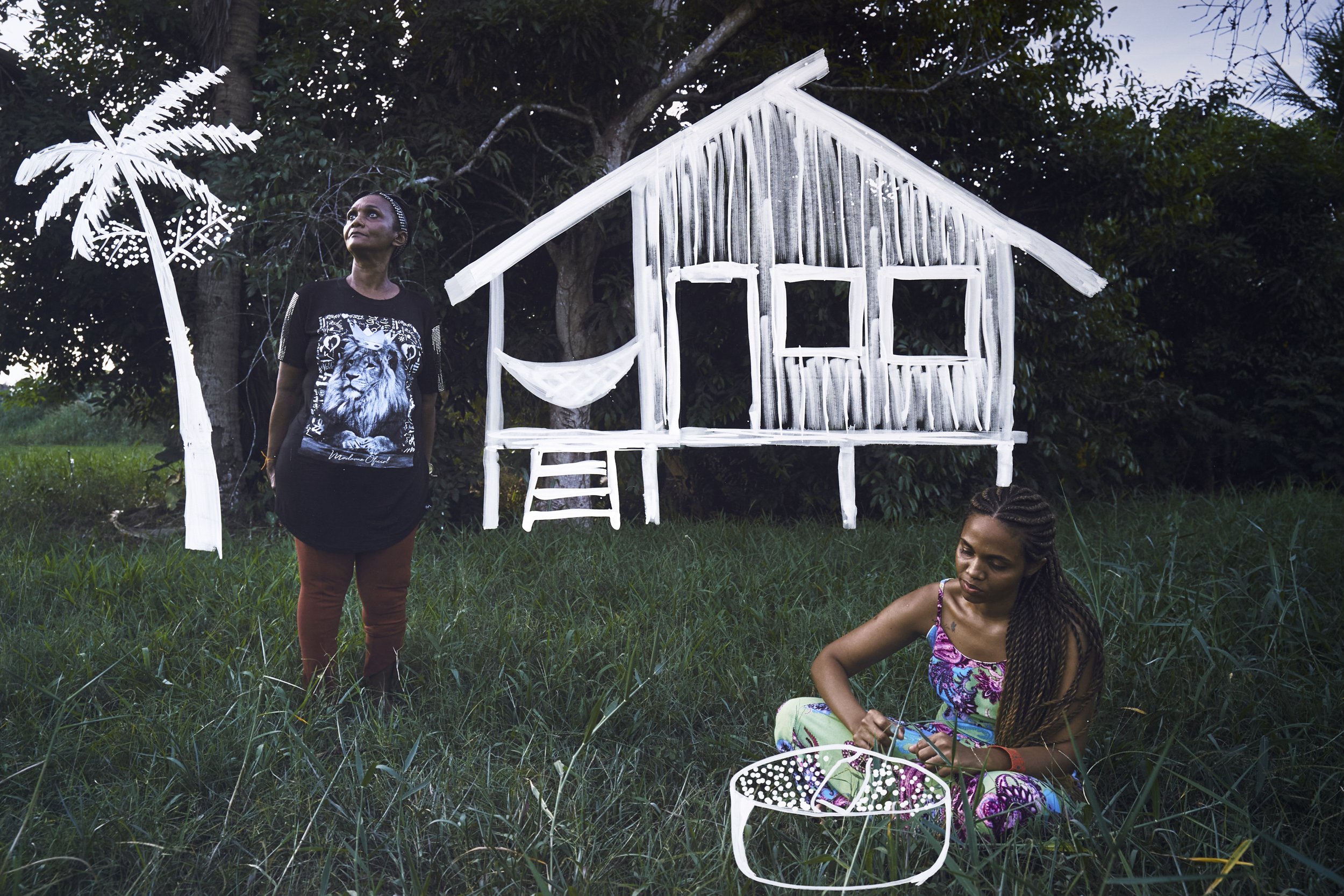

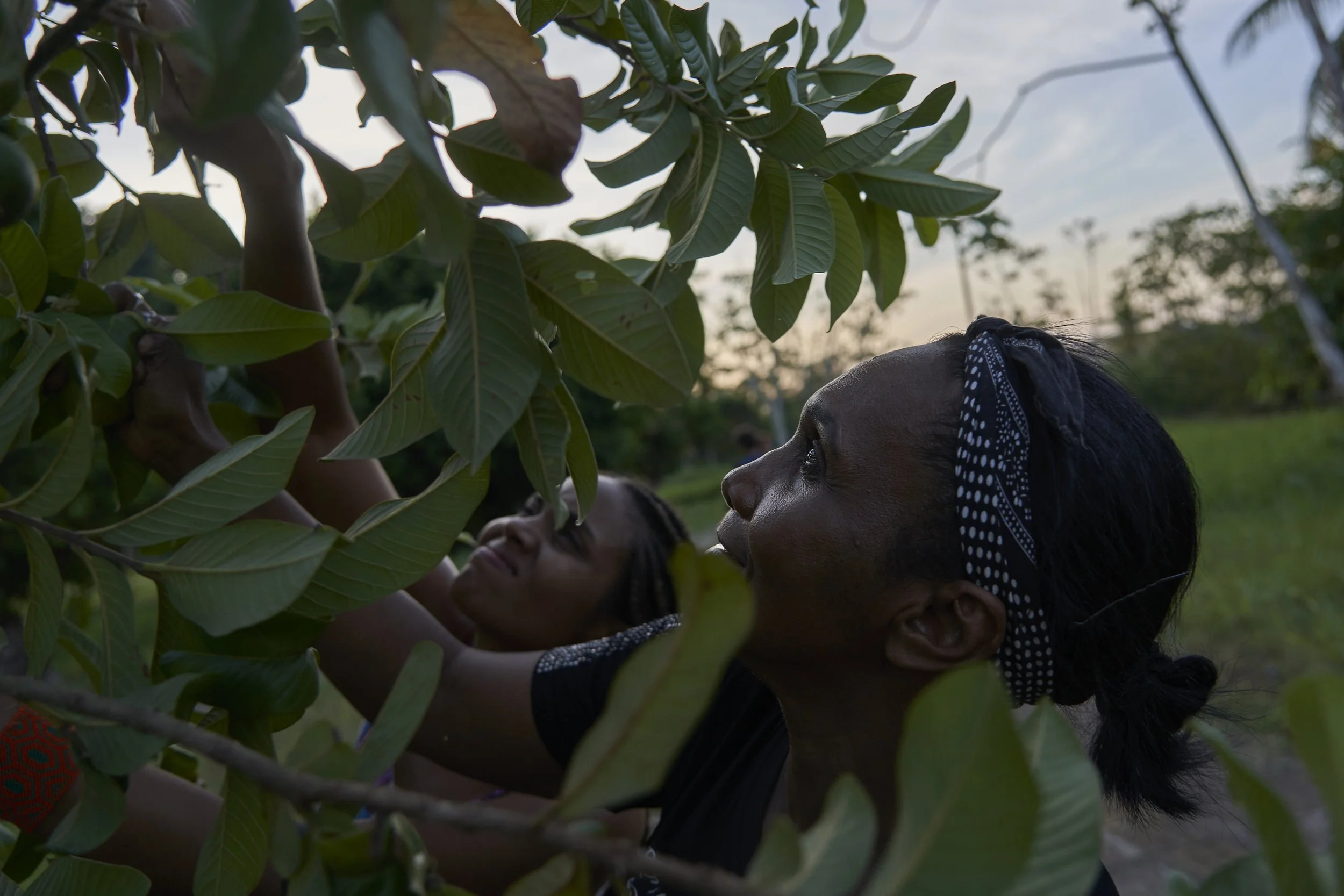
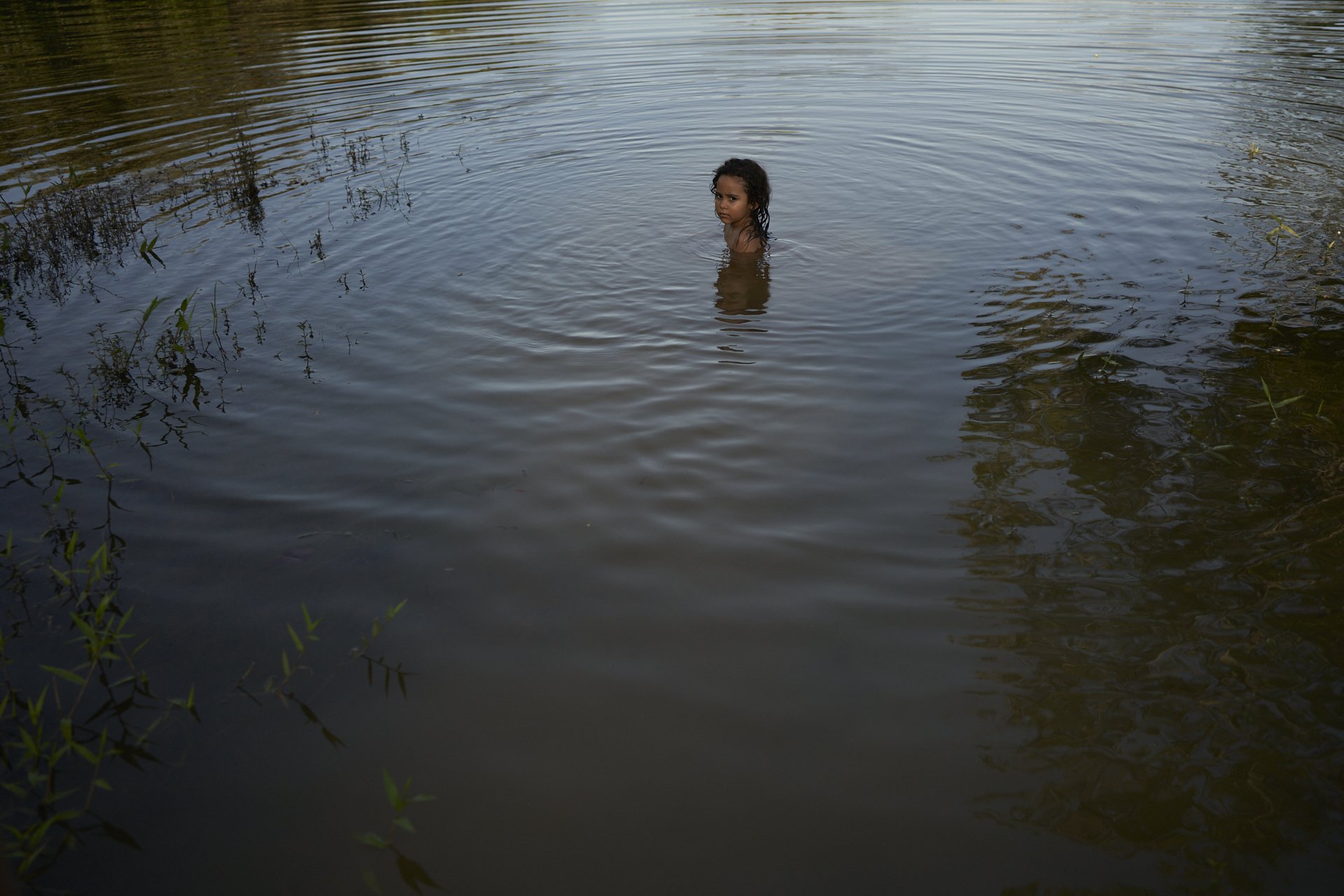
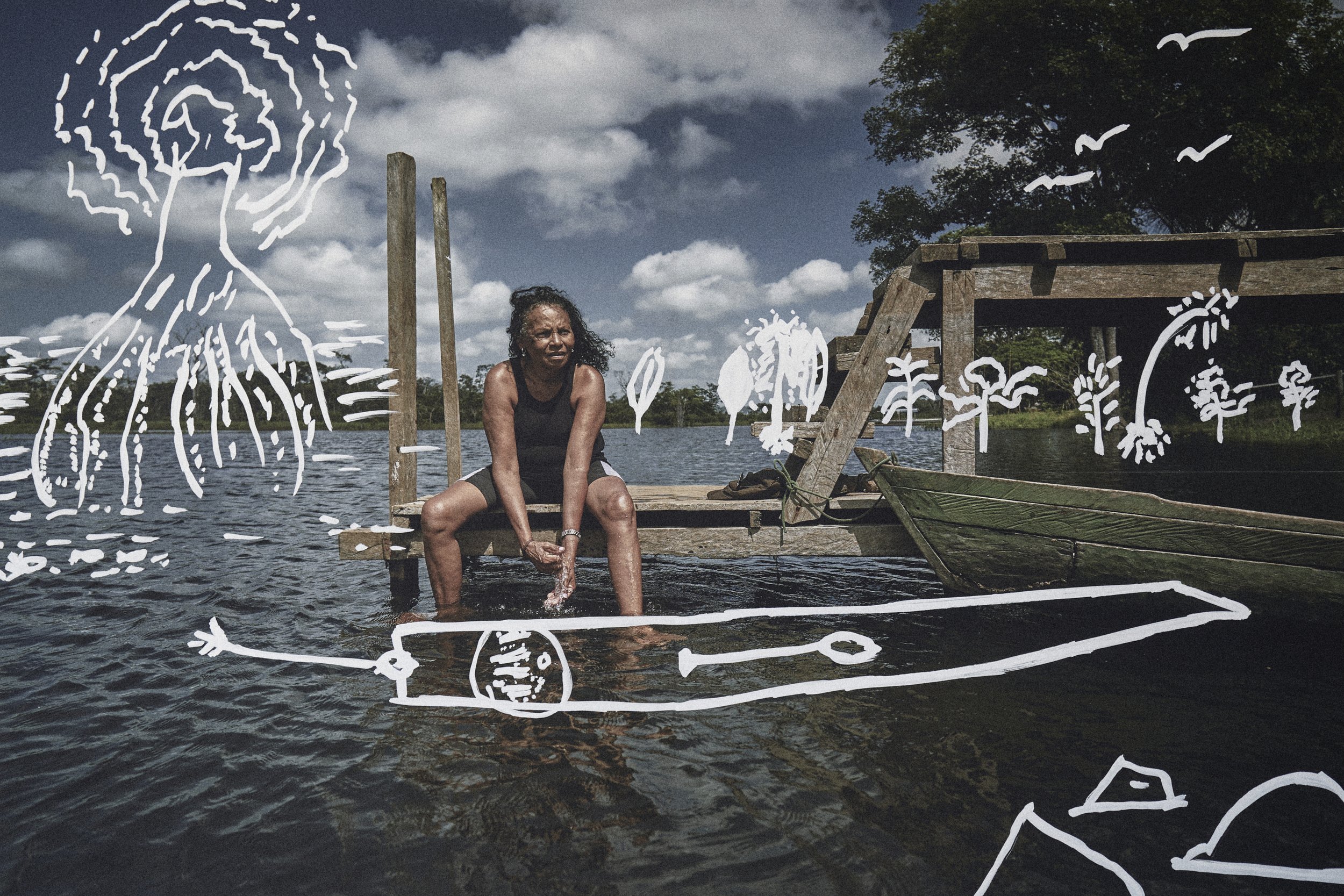
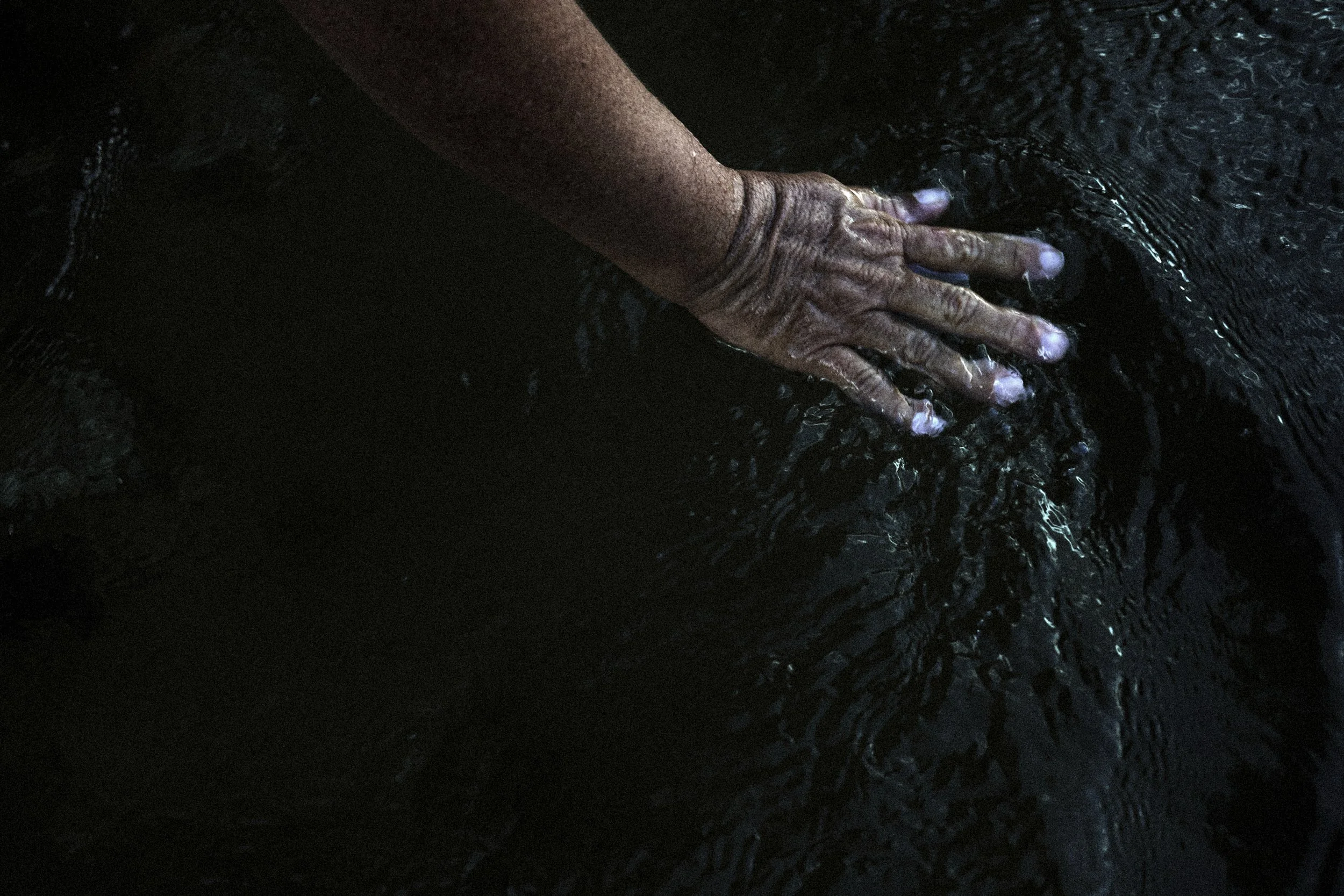
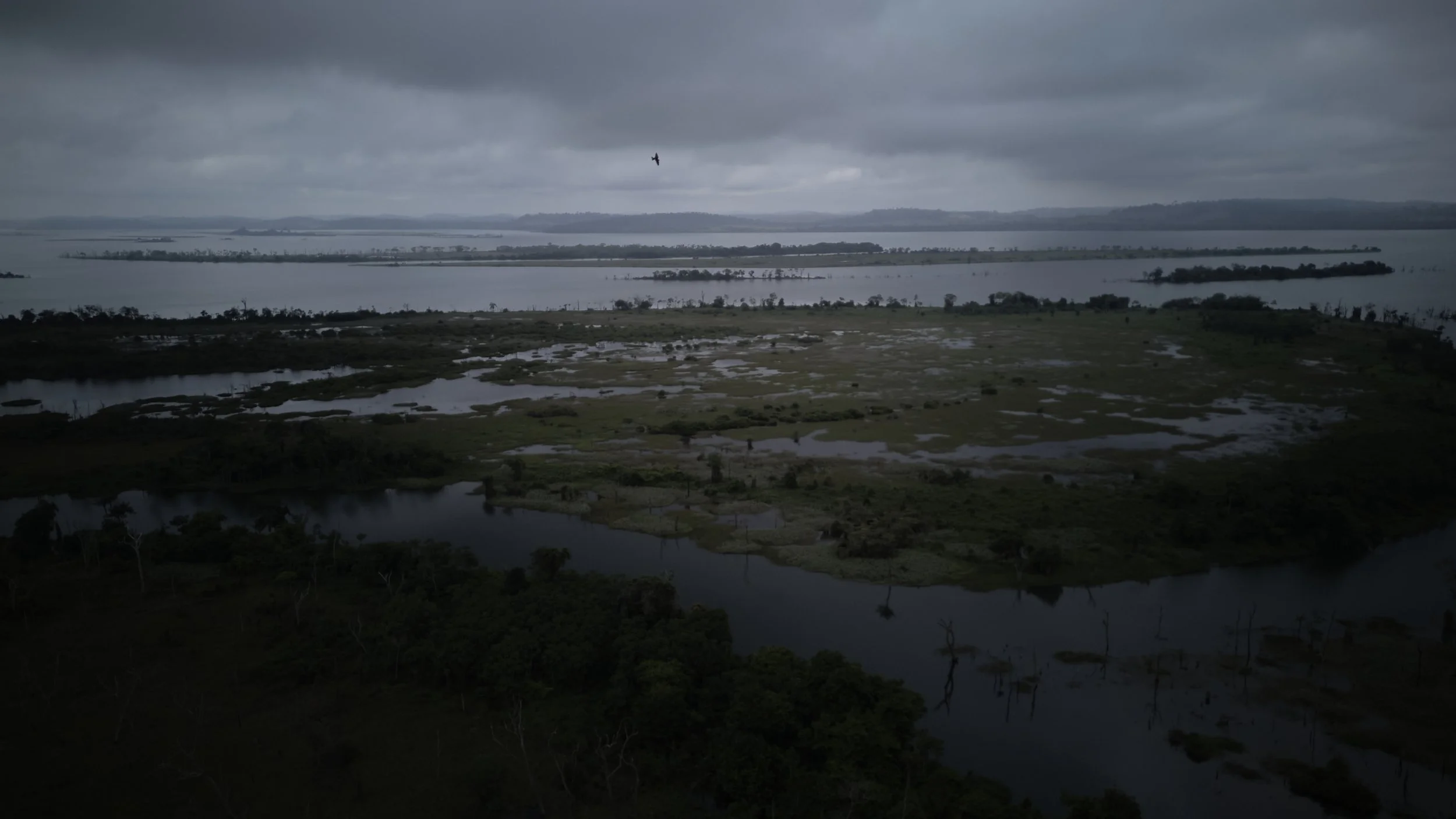
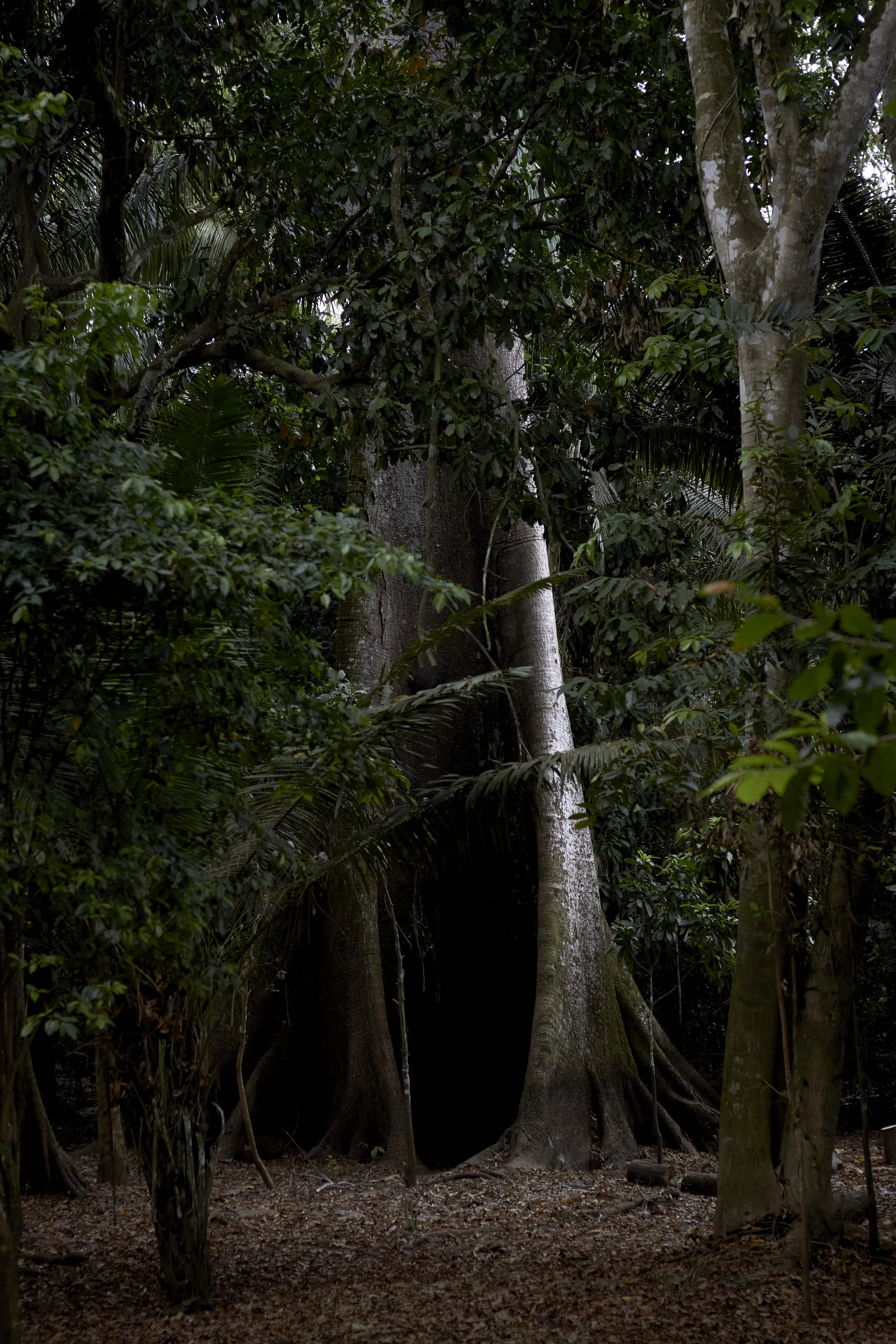

A COLLABORATIVE PROJECT TO RESCUE THE COLLECTIVE MEMORIES OF A DYING RIVER

In 2016, a monumental concept transcended the boundaries of paper to become the largest hydroelectric dam on Earth then.
Nestled in the state of Pará, Brazil, it transformed Altamira into an unintended epicenter of violence. Yet, the ripples of this transformation extend far beyond the crowded streets of Altamira.
Ascending the currents of the Xingu River, the construction of the Belo Monte hydroelectric dam yielded consequences that reached deep into the lives of those for whom the river was both a lifeline and a way of life. Much like the river itself, their existence was forever changed, entwined in a shared struggle for survival.

'Memories of the River' is a collaborative project that seeks to breathe life back into stories that hang by a thread within the memories of those who were once an integral part of the river's tapestry.
Hand-drawn and narrated in the first-person voices of individuals like Francineide, Raimundo, Daniela, and Raimunda, native witnesses to the disruption of their connections with the river. Their homes were set ablaze, submerged, or razed to the ground, all due to the establishment of this hydroelectric behemoth, and still today, they dream of the day when they will return to the water that raised them.

"In my chosen memory, I find myself casting my fishing net into the water during the night. I'm fishing for tucunaré. Despite the darkness, I can see everything clearly; my guiding star is shining brightly, illuminating everything to grant me a successful catch", says Raimundo.
Photo: Soll Souza, Mariana Greif and Pablo Albarenga. Hand drawings by Soll Souza with Raimundo "Berro Grosso"

Raimundo´s home by the Xingu river was burnt to create Belo Monte, he was displaced to the city´s suburbs, far from his river. In the picture Raimundo is in his wooden canoe at the house where he was relocated after being evicted.
He claims that due to stress and sadness, he got sick. He now has Parkinson and can't fish anymore since he's losing mobility in his right arm.
The canoe in the back of his house in the outskirts of Altamira has water inside to avoid the wood to break. He hopes one day to get better and return with his grandchildren to the land who saw him grow up, in the islands of the Xingu river.

"My memory takes me to a truly special day. My father was the first fisherman on the Xingu River to catch a filhote weighing 120 kilograms. The fish was so immense that several people had to come and help pull it out of the water. I was joyful, standing at the riverside", says Francineide.
Photo: Soll Souza, Mariana Greif and Pablo Albarenga. Hand drawings by Maycom Santos Cabrera and Francineide Ferreira dos Santos

"In the memory I’ve chosen we still live in our old house, surrounded by our beautiful neighbours. My mom and I were extracting the pulp from the açaí berries while my late brother was climbing the açaí palms to harvest the fruit. ", says Daniela.
Photo: Soll Souza, Mariana Greif and Pablo Albarenga. Hand drawings by Daniela Silva.

Daniela used to live by the Xingu river with her familly and neighbours, the resources were short but they had a strong community that helped each other.
The displacement of the ribeirinhos(river people) communities broke the community network, and made people poorer and more lonely.
In the picture she collects a fruit from a tree with her mother near by where they used to live.

"In my memory, I'm sitting on my wooden pier, in front of my house that was later burned down. I am cutting fish fillets and squeezing lemon over them. In my house, we had several fruit trees, bananas, cashews, cacao, and also a Piranha tree, the tree that provides shade and shelter for fish to spawn.", says Raimunda Gomes da Silva.
Photo: Soll Souza, Mariana Greif and Pablo Albarenga. Hand drawings by Raimunda Gomes da Silva.

“There are mysterious things in the river, things that are real, but not everyone can see them” Francineide Ferreira dos Santos